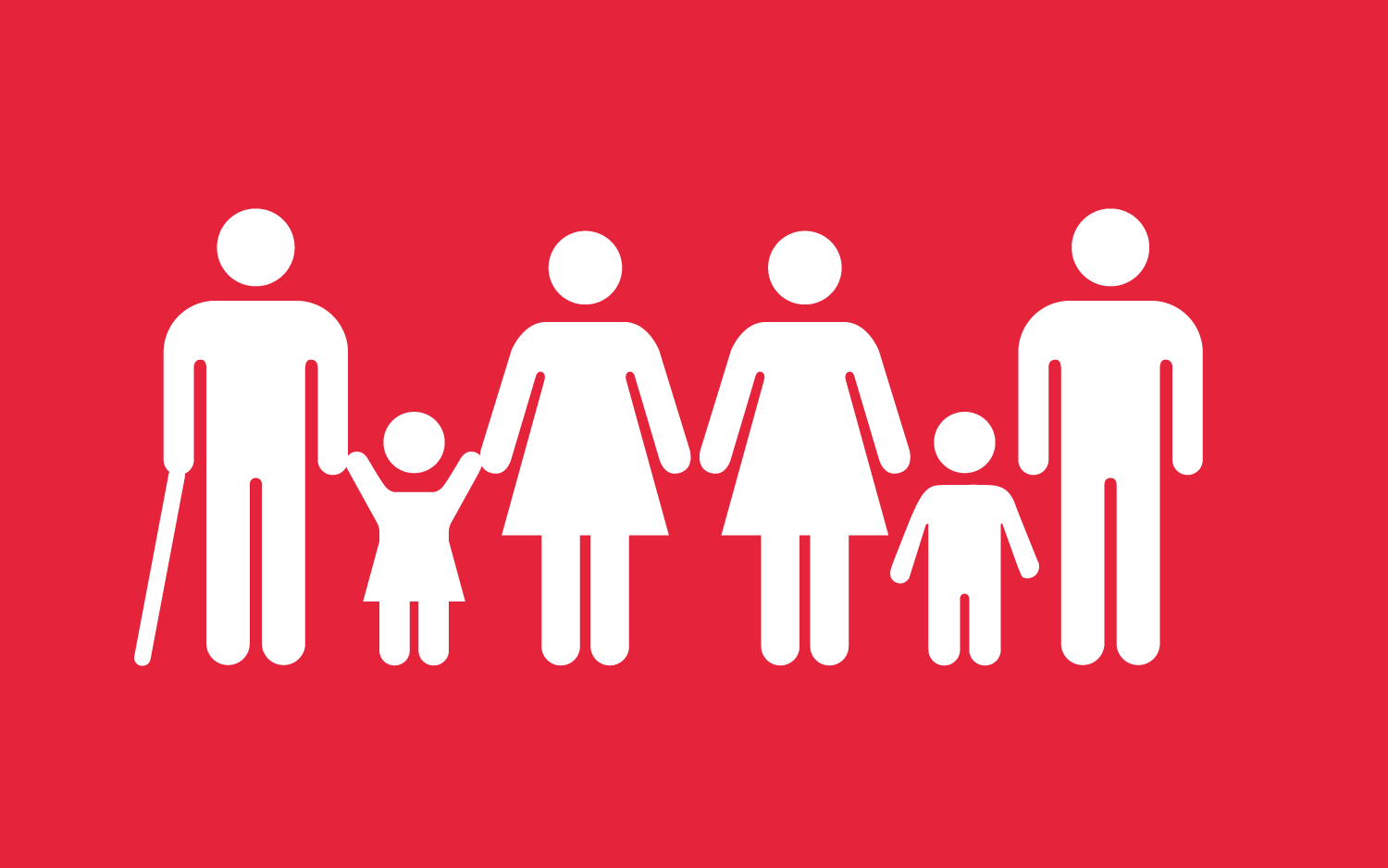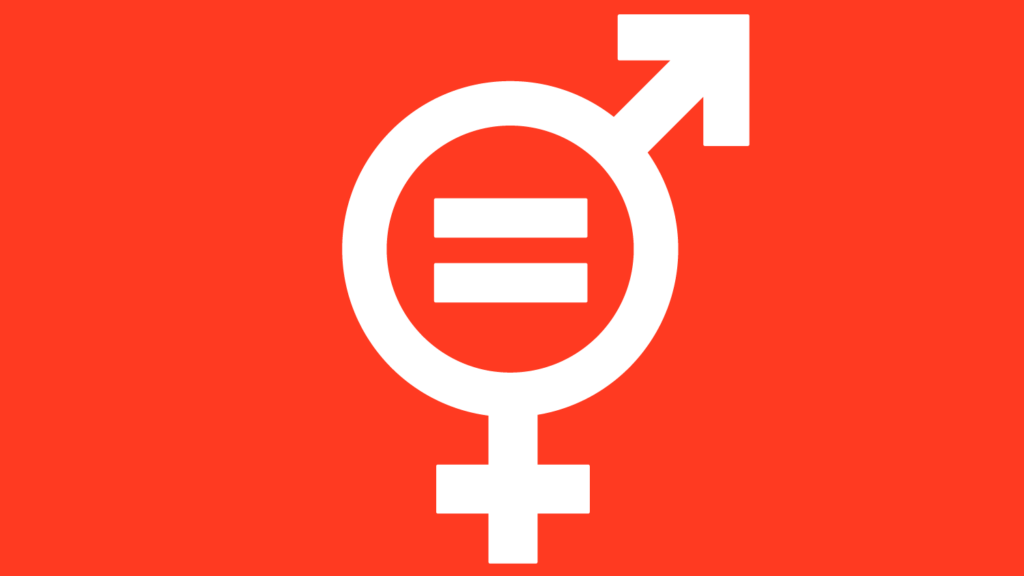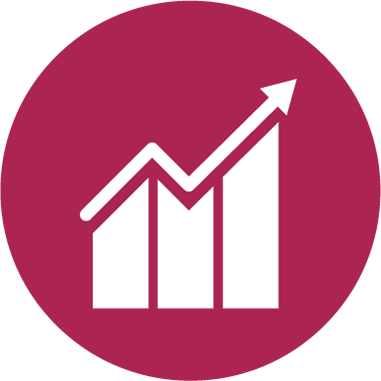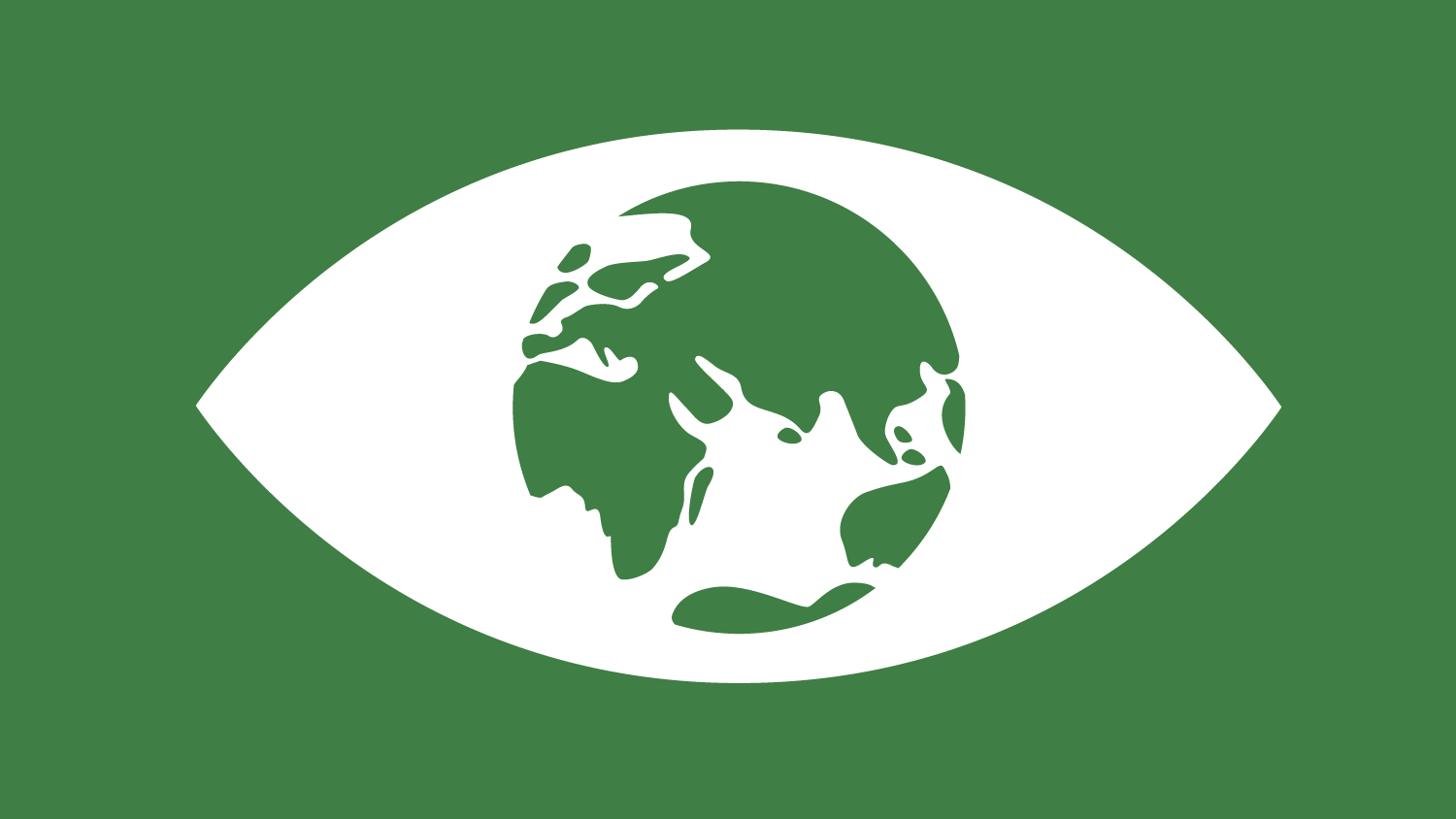OUR IMPACT
Over the last decade, EFF has reached over 220,000 farming families in terms of increased productivity, knowledge on how to approach farming as a business, market linkages, and farmer organisational capacity. In all its countries of operation, EFF has built linkages with domestic governance structures, traditional leadership and parastatal institutions to make its interventions more effective and long-term.
Our impact can be viewed through the lens of the United Nations Sustainable Development Goals (SDGs).
The development work that EFF invests in sustainable communities helps to realise the following SDGs in Sub-Saharan Africa:

SDG 1: No Poverty
Many of our projects aim to uplift smallholder farmers by improving household income, leading to enhanced health outcomes through increased access to nutritious food, such as the Matsangoni Community Development Activities Project in Kenya.

SDG 2: Zero Hunger
Across various countries, projects focus on boosting productivity and market linkage of essential crops like maize, soybean, cashew, sesame, and groundnut, thereby contributing to food security.

SDG 5: Gender Equality
We champion gender equality through our projects by empowering women-led businesses and fostering gender inclusivity across sectors.

SDG 8: Decent Work and Economic Growth
By enhancing productivity and market linkage for smallholder farmers, across country projects foster economic growth and create opportunities for decent work.

SDG 13: Climate Action
Initiatives like the Smart Cashew Project in Mozambique and the World Bank – Zambia Integrated Forest Landscape Project contribute to climate resilience through sustainable agriculture and reforestation efforts.

SDG 17: Partnership for Goals
Collaboration with governments, NGOs, international organisations, and private sector entities is at the heart of the approach to achieve sustainable development goals together.
